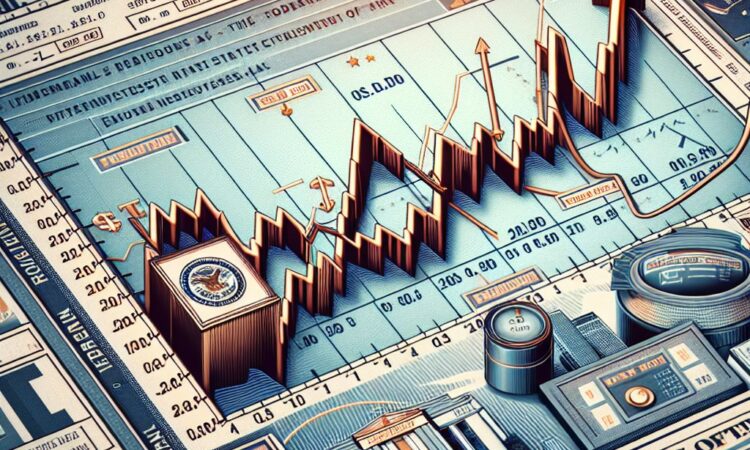Inflation and the Federal Reserve’s response
The Federal Reserve has been raising interest rates in an effort to combat inflation. The increase in interest rates has had a ripple effect on the economy, affecting everything from consumer spending to business investment.
Inflation is a general increase in prices that erodes the purchasing power of money. It can be caused by various factors such as increased production costs, excessive government spending, or increase in money supply. The Federal Reserve, as the central bank of the United States, plays a vital role in managing inflation and ensuring price stability.
One of the tools the Federal Reserve uses to control inflation is adjusting the interest rates. By raising interest rates, the Federal Reserve aims to slow down economic growth, reduce borrowing and spending, and encourage saving. This tightening of monetary policy helps to curb inflationary pressures in the economy.
However, the increase in interest rates also has consequences for various sectors of the economy. Higher interest rates make borrowing more expensive for consumers, reducing their ability to make large purchases such as homes or cars. This decrease in consumer spending can lead to a slowdown in economic growth and impact businesses that rely on consumer demand.
Additionally, businesses may become more hesitant to invest in new projects or expand existing operations due to the increased cost of borrowing. This can dampen business activity and potentially lead to a decline in job creation and economic output.
The impact of the Federal Reserve’s interest rate increases can be further seen in the financial markets. Stock prices may experience volatility as investors reassess the potential returns of various investment options in a higher interest rate environment. Bond yields tend to rise, making fixed-income investments more attractive, which can divert funds away from stocks.
While the Federal Reserve’s objective is to maintain price stability, it needs to carefully balance its efforts to combat inflation with the potential negative effects on economic growth. The decisions made by the Federal Reserve regarding interest rates have far-reaching implications for individuals, businesses, and the overall health of the economy.

